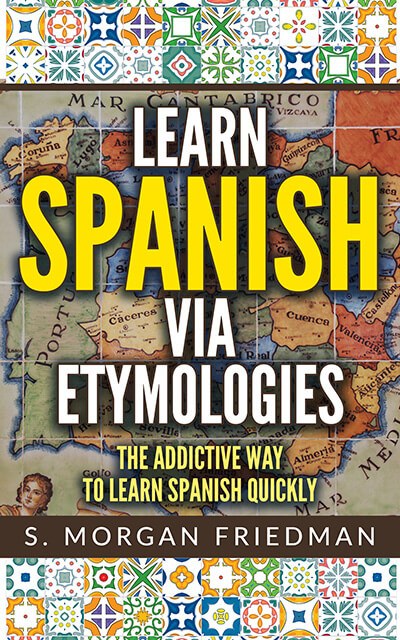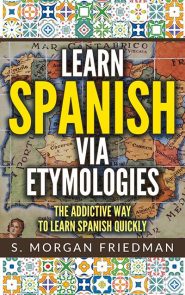Esmero, a Spanish word meaning “done with care” comes from the Latin prefix ex– combined with the Latin merus which meant, “unmixed; pure” (such as, pure wine — not diluted by water). Anything done with care will be pure, right?
From that same Latin root merus, we also get the English… mere. The interesting part is that, over the centuries, mere has gone on to almost take on the opposite of its original meaning: the original, more Latinate sense, was similar to “pure” and its Spanish derivative, done with care. But over time, in English at least, its become degraded and degraded to the point in which today, it means to do “just barely enough.” This is an example of a broader pattern: words tend to degrade over time.
We see the m-r root clearly in both languages.

